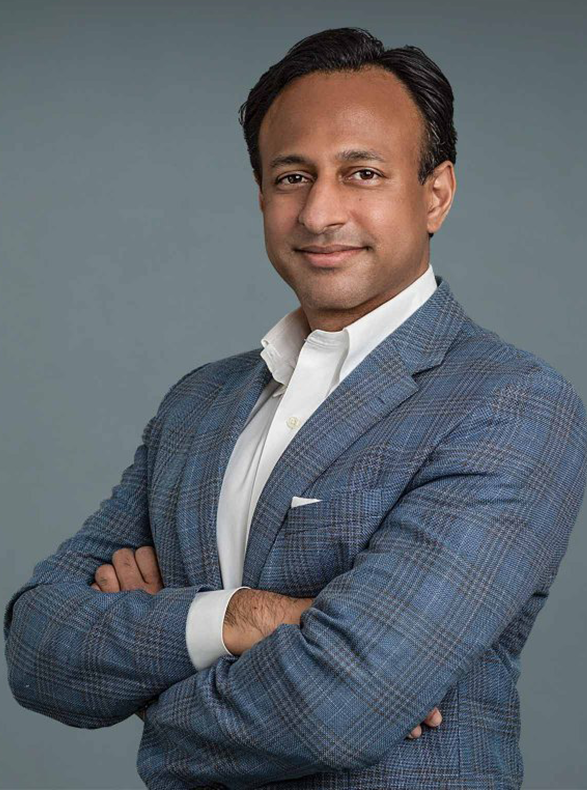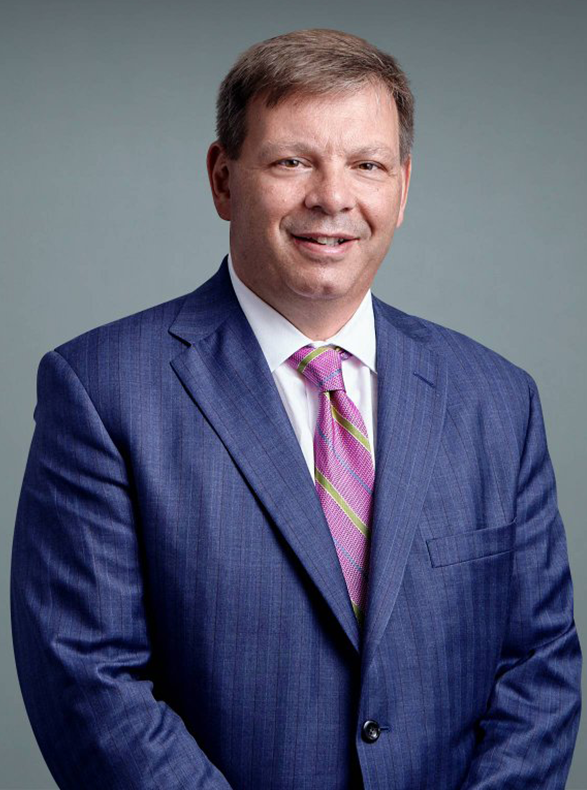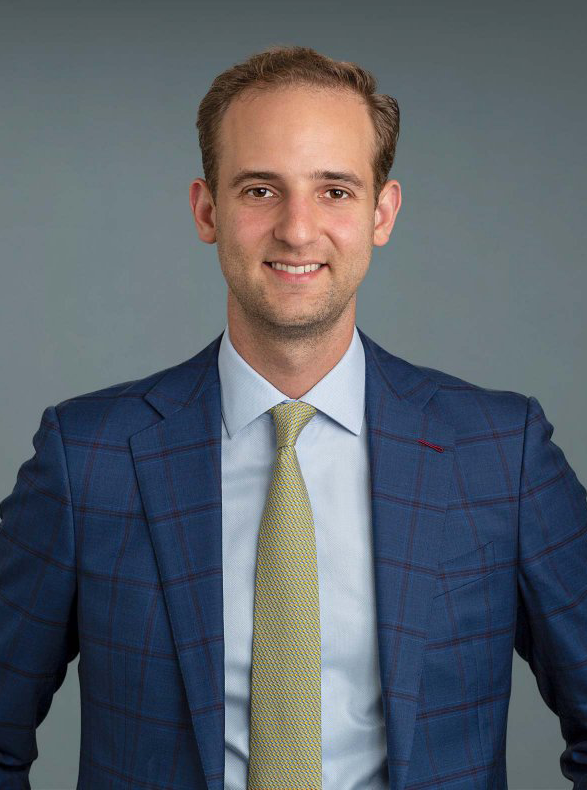NYC Gout Specialists
What is gout?
Gout is an inflammatory arthritic condition that typically affects one joint at a time. It most often affects the metatarsophalangeal joint (located in one of the big toes), though it can affect any joint.
Gout is typically caused by a buildup of uric acid in the body. This can cause uric acid crystals to form in your joints, tissues, and bodily fluids. The condition that typically causes too much uric acid to build up, hyperuricemia, does not lead to gout in all patients and may not always necessitate medical treatment, but it is a risk factor for this disease.
The body creates uric acid when it breaks down purines, which are often found in red meat, organ meats, alcohol, sugary drinks, and certain seafoods such as anchovies, sardines, mussels, scallops, trout, and tuna.
In addition to dietary choices, however, there are a variety of other risk factors for gout. Men are more likely than women to be diagnosed with the disease due to higher uric acid levels, although women approach these levels as they reach menopause.
Additionally, medical conditions such as diabetes, obesity, metabolic syndrome, untreated high blood pressure, and heart and kidney diseases all increase your risk. Low-dose aspirin, hypertension medication, and anti-rejection drugs for organ transplant recipients can also make the development of gout more likely, as well as genetics, recent surgery or trauma, and obesity.

What are the symptoms of gout?
Gout symptoms typically appear during temporary flare-ups and disappear or become less severe for a period of time afterwards. These flare-ups are often sudden and intense, usually occurring at night and lasting between four to 12 hours.
Like other forms of arthritis, gout causes joint inflammation that leads joints to become swollen and tender. While this most often affects the joints of your big toes, gout also frequently affects the ankles, knees, elbows, wrists, and fingers. This can lead to a decreased range of motion in the affected joints as well as lingering discomfort that can last for up to several weeks. Each subsequent flare-up of gout may also last longer and affect more joints.
How is gout treated?
Gout is primarily treated through a combination of medication to manage flare-ups and lifestyle changes to manage as many controllable risk factors as possible.
Non-steroidal anti-inflammatory drugs (NSAIDs) are often used to control inflammation during a gout attack. Acetaminophen, colchicine, and oral or injected corticosteroids can also all help. Additionally, other medications such as allopurinol, febuxostat, and pegloticase can lower uric acid levels and help to prevent future flare-ups.
Dietary changes also play a major role in preventing future gout attacks. Avoiding high-purine foods and drinks decreases the amount of uric acid produced by your body, making a flare-up less likely. Losing weight can also help, as your body produces a higher amount of uric acid when you’re overweight.
Make an appointment with an NYC gout specialist now
If you’re suffering from gout symptoms, work with our physicians to prevent future attacks and live your life as pain-free as possible. Schedule an appointment with one of our NYC gout specialists now!
Sanjit R. Konda
Abhishek Ganta
Joseph A. Bosco lll
Spencer Stein
Michael J. Alaia






